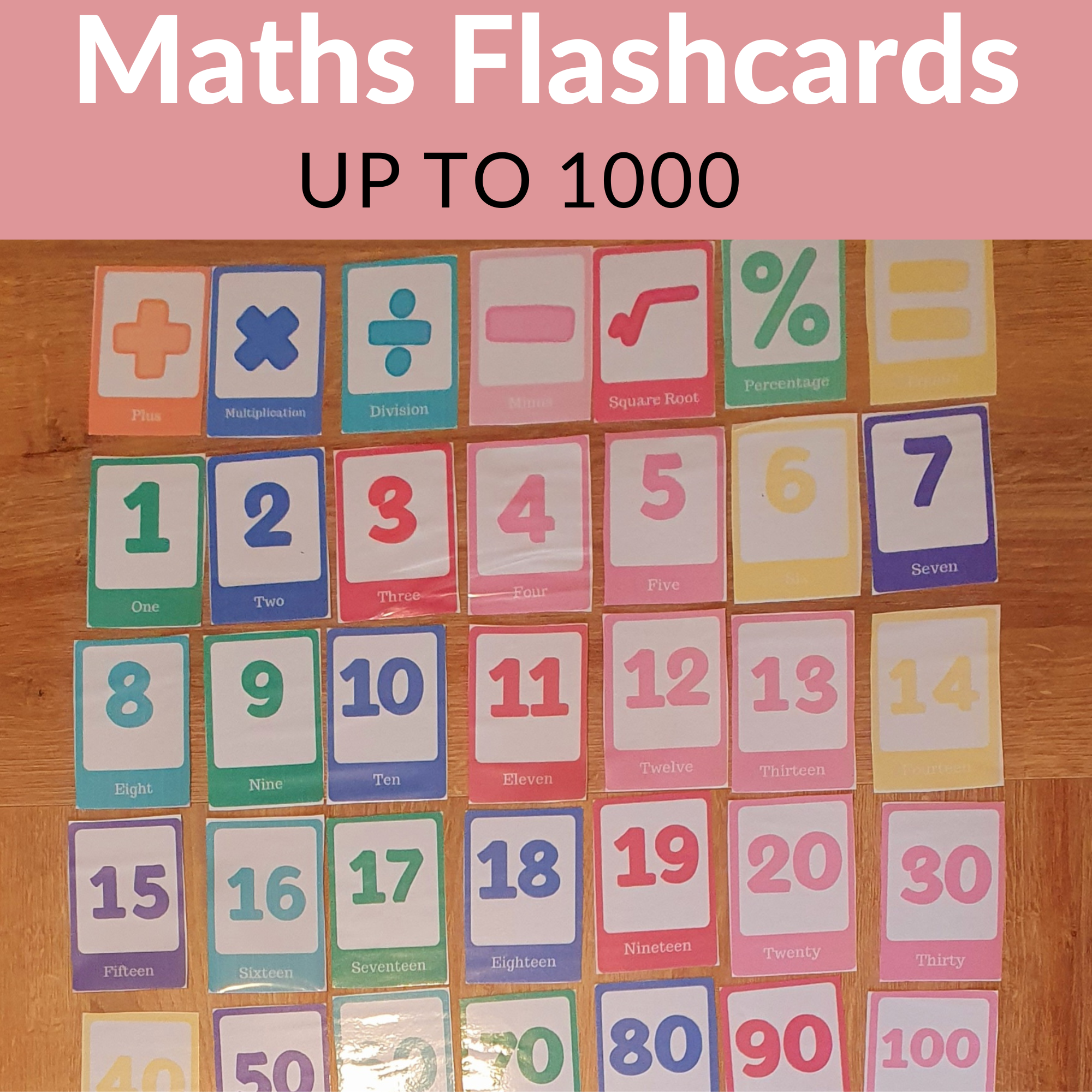There are several ways to help kids learn math. Here are some tips:

- Make it fun: Use games and activities to teach math concepts. For example, you can use blocks to teach addition and subtraction, or use puzzles to teach geometry.
- Use real-life examples: Show kids how math is used in everyday life. For example, you can use cooking to teach fractions, or use money to teach addition and subtraction.
- Practice, practice, practice: Math is a skill that requires practice. Encourage kids to do math problems on a regular basis, and provide them with feedback and support.
- Use visuals: Visual aids can help kids understand math concepts. For example, you can use pictures to teach multiplication, or use graphs to teach data analysis.
- Provide support: If kids are struggling with math, provide them with extra support. This can include tutoring, extra practice, or additional resources.
Remember, every child learns differently, so it’s important to be patient and understanding. By making math fun and providing support, you can help kids develop a strong foundation in math.
Flashcards for kids maths
Flashcards can be a great tool for helping kids learn math! Just make sure to keep the problems age-appropriate and challenging enough to keep your child engaged!
These printable maths flashcards from Greenpixiedesigns https://www.etsy.com/uk/Greenpixiedesigns/listing/1451965812/maths-flashcards-up-to-1000-printable?utm_source=Copy&utm_medium=ListingManager&utm_campaign=Share&utm_term=so.lmsm&share_time=1682083030357
are easy to download and use at home, perfect for helping kids learn math skills.
Flashcard math games
Flashcards can be a great tool for helping kids learn math! Just make sure to keep the problems age-appropriate and challenging enough to keep your child engaged!
There are many fun math card games that can be played with young kids using flashcards. Here are a few examples:
- “War”: Players divide the flashcards evenly and take turns flipping over the top card. The player with the higher number gets to keep both cards.
- “Snap”: Players take turns flipping over the top card. If two cards match, the first player to say “snap” gets to keep the pile.
- “Go Fish”: Players ask each other for specific cards to create pairs. If a player doesn’t have the requested card, they say “Go fish” and the player must draw a card from the deck.
These games can be adapted for different ages and skill levels.

Have fun learning
Remember above all make learning fun for kids
Kids will give more attention to the task
Kids will retain more
Never push your child into the task if its not happening at that moment, try again later or the next day.
If you enjoyed this please, follow me or pop along to my esty shop, http://www.esty.com/shop/greenpixiedesigns where I sell lots of printable children`s learning resources and other fun things for kids.




